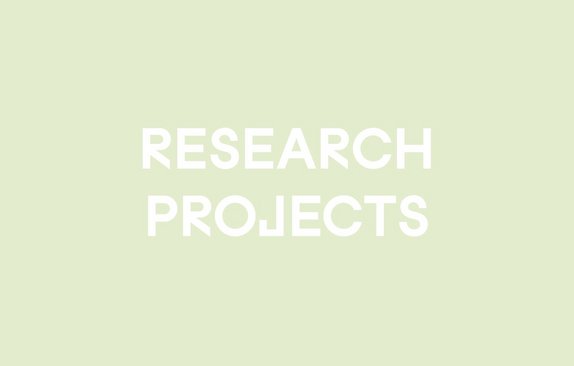Megan Sørensen receives ERC Starting Grant

Microbiologist Megan Sørensen has been awarded an ERC Starting Grant, securing significant funding for her upcoming research on the evolution of…
Centre for Microbiology and Environmental Systems Science

The Division of Microbial Ecology | DOME at the Centre for Microbiology and Environmental Systems Science | CeMESS is a team of microbiologists and molecular biologists. Our mission is to unravel the complexities of microbial life and its profound impact on our health and environment.
Our researchers explore the evolution, ecophysiology, interactions and functions of microbes across a broad range of systems. We apply cutting-edge methods, from 'omics analysis, to single-cell isotope probing, to microbial imaging, to computational community modelling.

Get to know our research by exploring our active projects and the researcher profiles of our principle investigators.

We are committed to nurturing the next generation of scientists, including undergraduate and doctoral programs, as well as intensive methods-based courses.

Our Facilities and Ressources include Joint Microbiome Facility, NanoSIMS, probeBase, and daime.


Microbiologist Megan Sørensen has been awarded an ERC Starting Grant, securing significant funding for her upcoming research on the evolution of…

We are pleased to announce that the 28th European Nitrogen Cycle Meeting (ENC28) will take place at CeMESS from September 8-11, 2025. The meeting is…

An international team of scientists led by microbiologists Marc Mussmann and Alexander Loy from the University of Vienna has discovered a new…

A new study, supported by the FWF-funded Cluster of Excellence “Microbiomes drive Planetary Health” and the Comammox Research Platform of the…

The effects of individual dietary compounds on the gut microbiome and human health remain poorly understood. A new study reveals that a sulfosugar…

Sarah Zauner successfully defended her PhD thesis entitled "From bivalves to microbes to birds: ecological interactions in a marine symbiosis" on July…
Krasenbrink J, Hanson BT, Weiss AS, Borusak S, Tanabe TS, Lang M et al. Sulfoquinovose is exclusively metabolized by the gut microbiota and degraded differently in mice and humans. Microbiome. 2025 Dec;13(1):184. doi: 10.1186/s40168-025-02175-x
Ye H, Šlipogor V, Hanson BT, Séneca J, Hausmann B, Herbold CW et al. Associations between gut microbiota and personality traits: insights from a captive common marmoset (
Callithrix jacchus) colony. Microbiology Spectrum. 2025 Nov 18;e0044325. Epub 2025 Nov 18. doi: 10.1128/spectrum.00443-25
Hodgskiss LH, Kerou M, Luo ZH, Bayer B, Maier A, Weckwerth W et al. Metabolic response of a chemolithoautotrophic archaeon to carbon limitation. mSystems. 2025 Oct 22;10(10):1-20. e0073225. doi: 10.1128/msystems.00732-25
Data Reuse Consortium, Wagner M, Rattei T, Osvatic J, Speth D. A roadmap for equitable reuse of public microbiome data. Nature Microbiology. 2025 Sept 26;10(10):2384-2395. Epub 2025 Sept 26. doi: 10.1038/s41564-025-02116-2
Crudo F, Petri P, Pacchione M, Dall'Asta C, Birse N, Berry D et al. Alternaria mycotoxins and gut microbiota: antimicrobial properties and bacteria-dependent modulation of mycotoxin immunotoxicity. Toxicology Letters. 2025 Sept;411(Supplement: S). doi: 10.1016/j.toxlet.2025.07.160
University of Vienna
